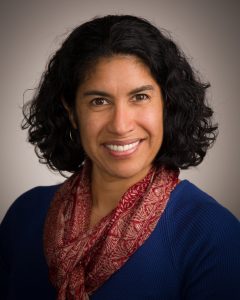List of EEE Scholars
2023-2025
Dr. Sara Bombaci – Assistant Professor in the Department of Fish, Wildlife, and Conservation Biology at Colorado State University.
Her multidisciplinary research blends conservation science and social science to explore how ecological systems interact with social and environmental gradients in pursuit of innovative solutions to conserve biodiversity while meeting diverse human needs. Her current research areas include acoustic ecology, urban ecology, community-centered conservation and human-wildlife interactions. Bombaci also has over a decade of experience conducting research, teaching and outreach to foster greater equity and inclusion in STEM. She received her master’s and PhD degrees at Colorado State University. She is a Latina Scientist, an NSF Graduate Research Fellow, Ford Fellow, National Geographic Explorer and now an ESA Excellence in Ecology Scholar.
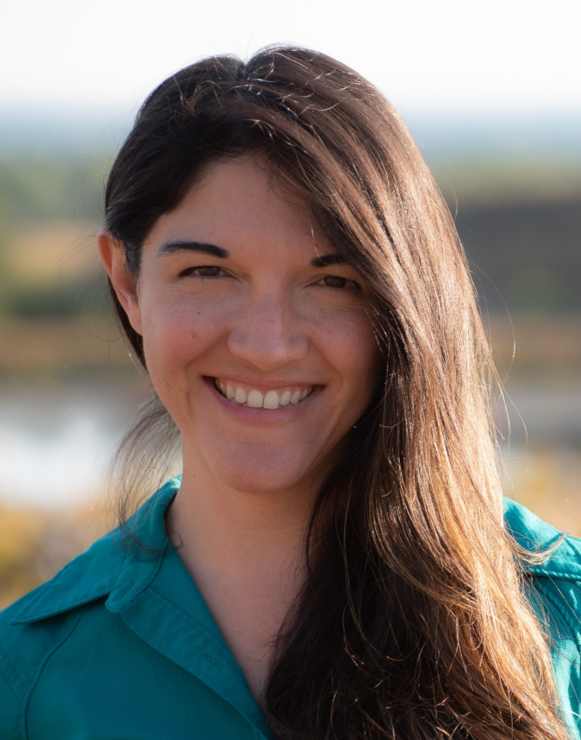
Dr. Aidee Guzman – postdoctoral researcher at the Lawrence Livermore National Lab and recently completed a postdoctoral fellowship at the University of California-Irvine
She received her PhD in 2021 from the Univ. of California – Berkeley. She is an agroecologist who is motivated by the question: in a changing climate, how do we design agricultural landscapes that work for both the environment and people? She studies how agricultural management impacts biotic interactions, below- and above-ground, and ecosystem functioning. Her research also includes collaborations with social scientists to examine the socio-political drivers and barriers inherent within agricultural systems. The overall goal of her research is to support farmers – especially those who are historically underserved – through research, education, and outreach that builds on their innovations and demonstrates ecological pathways to agricultural resilience.
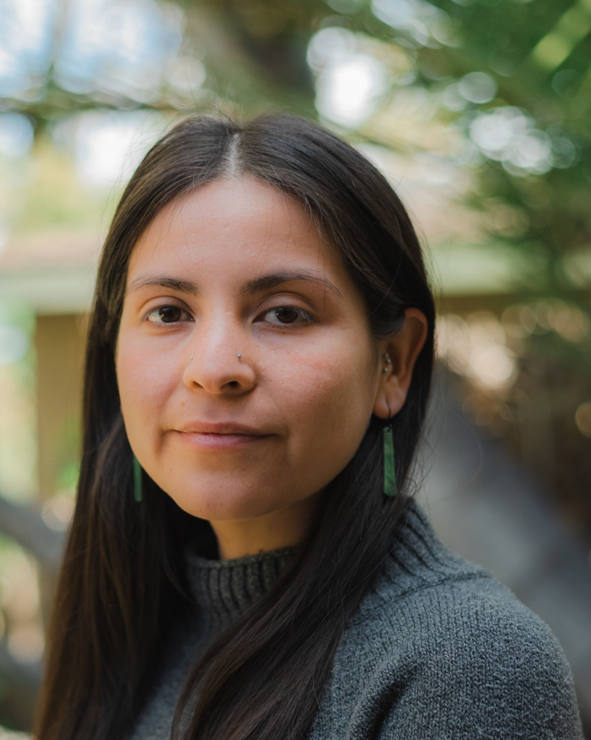
Dr. Danielle Ignace – Assistant Professor in the Faculty of Forestry at the University of British Columbia.
She is a member of the Coeur d’Alene tribe and an ecophysiologist studying the impacts of climate change, fire and introduced species on ecosystem health and Indigenous communities in the United States and Canada. As an advocate for underrepresented groups in science, she emphasizes Indigenous Knowledge and science communication in transdisciplinary projects. Always seeking ways to enhance diversity and inclusion, Ignace currently serves as an elected Officer for the Traditional Ecological Knowledge Section of the Ecological Society of America and the Chair of the Equity, Diversity and Inclusion Committee for the American Society of Plant Biologists. She is an Associate Editor for the journal Elementa: Science of the Anthropocene, which is a trans-disciplinary, open-access journal committed to the facilitation of collaborative, peer-reviewed research.
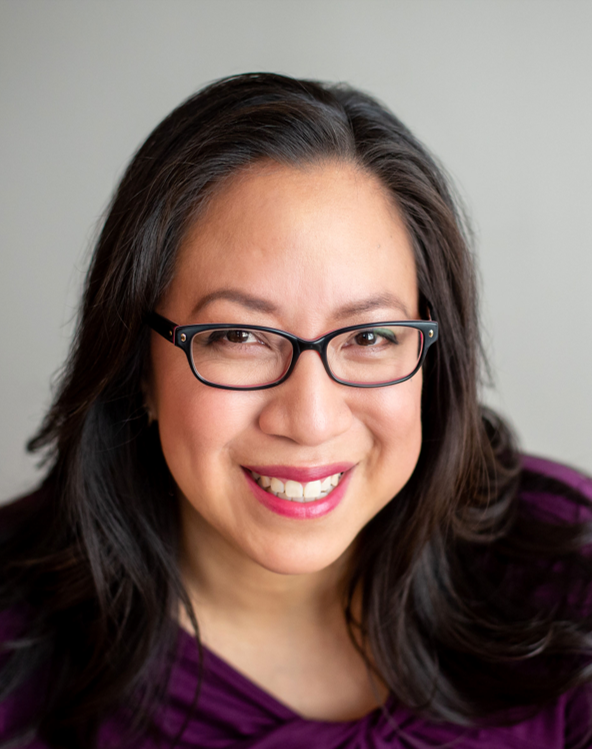
Dr. Lynette Strickland – Assistant Professor at Boston University
She is interested in understanding the ecological and genomic mechanisms that contribute to and promote the maintenance of variation in natural populations. The focus of her work is on insect communities investigating the ecological and genomic mechanisms underlying extensive color variation across geographic populations of Neotropical tortoise beetles. Her research explores how color functions as an adaptive phenotype and how insects use color as tools for communication both within a species, such as in mate choice and across species as predator defenses. While her fondness for beetles led to her current research program, it is her identity as a Black/Mexican woman and a first generation student from a low-income neighborhood in Texas that fostered her need to question the structures and systems that hinder, or actively deter, Black, Indigenous and other scientists of color from thriving in academic settings.
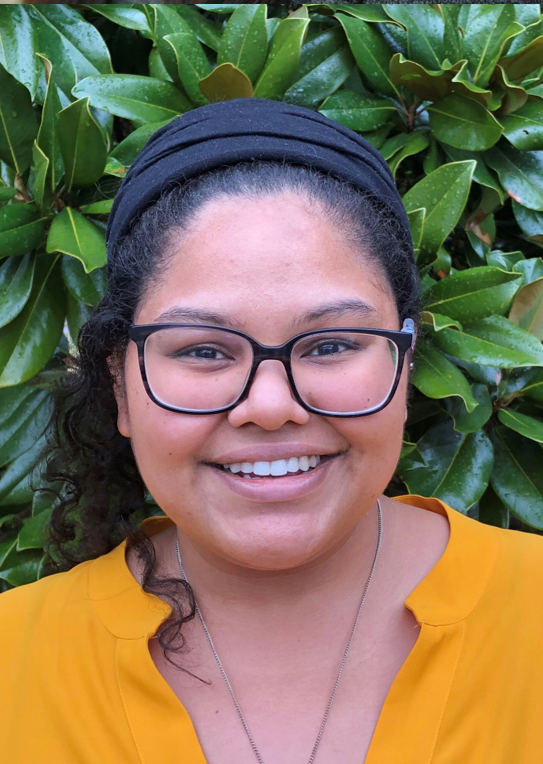
2022-2024
Karen Bailey – Assistant Professor, Environmental Studies, University of Colorado Boulder
Bailey is an interdisciplinary ecologist interested in justice and equity in ecology, human-environment interactions, climate change, and sustainable rural livelihoods. She received her B.A. from Princeton University and her M.S. and Ph.D. from the University of Florida in Ecology & Evolutionary Biology, and Interdisciplinary Wildlife Ecology & Conservation, respectively. Her research emphasizes the interactions between social justice, conservation, sustainability and human well-being. Her current projects focus on climate adaptation and human well-being in southern and East Africa, human-wildlife coexistence, barriers to entry in natural resource fields and just and equitable approaches to climate change adaptation.
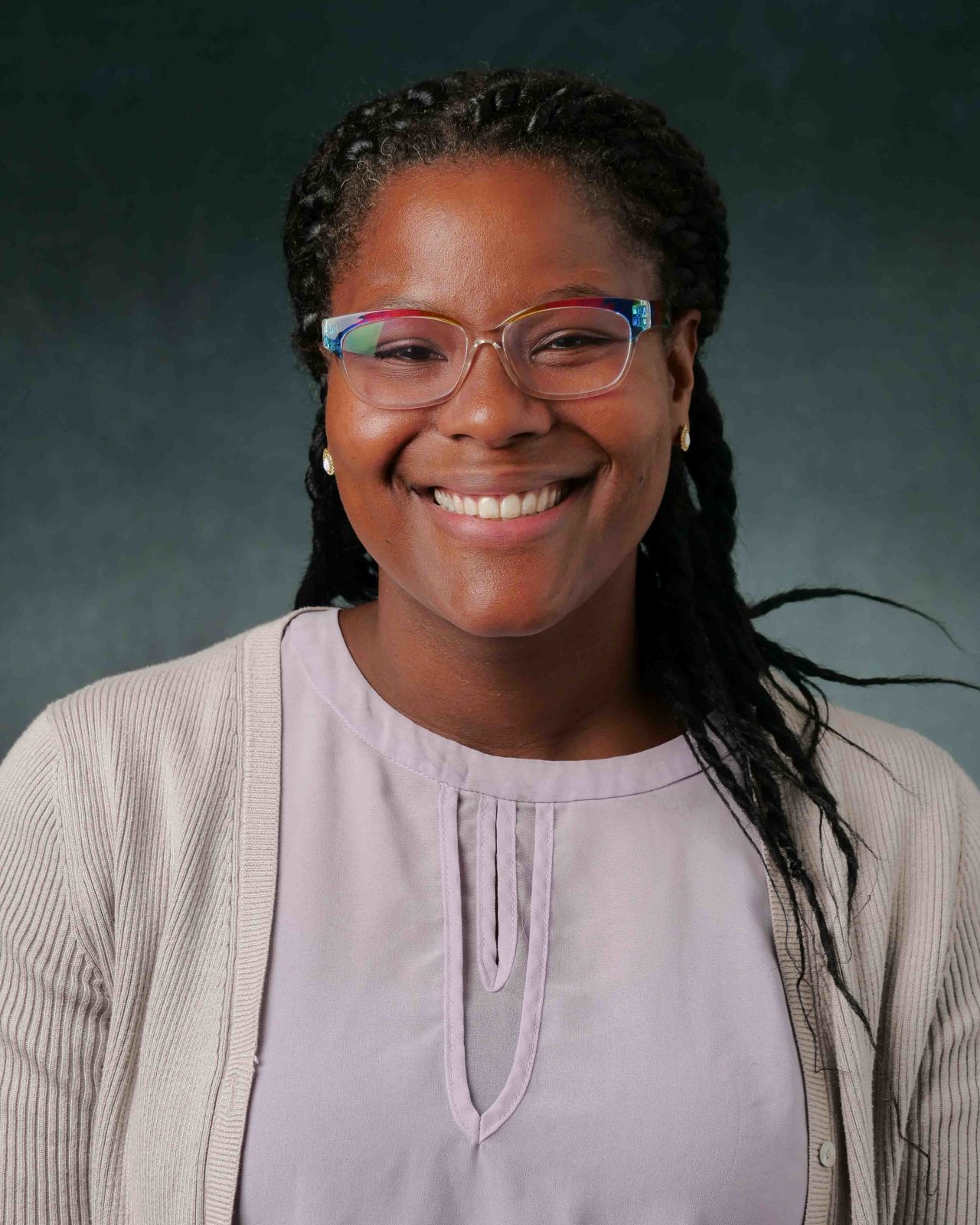
Aroloye Ofo Numbere – Lecturer/Researcher, University of Port Harcourt
Dr. Numbere obtained a B.Sc. in zoology from the University of Port Harcourt in 1996 and an M.Sc. in environmental management from the University of Science and Technology in Nigeria in 2006. He completed his Ph.D. in biology in 2014 at St. Louis University in Missouri. Numbere is a mangrove ecologist with more than 15 years of professional experience and since 2008 he has been a lecturer/researcher at the University of Port Harcourt, where he teaches ecology and environmental science courses. He studies the impact of urbanization, oil and gas exploration and invasive species on mangrove. He also studies seedling recruitment, agro-mangrove forestry, and DNA sequencing.
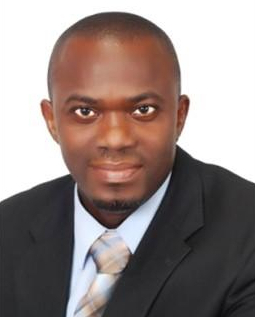
Bruno Soares – Postdoctoral Researcher, University of Toronto-Scarborough, Department of Biological Sciences
Soares is a Brazilian aquatic ecologist, currently a postdoctoral researcher in the Department of Biological Sciences at the University of Toronto-Scarborough. He obtained his Ph.D in ecology in 2020 at the Universidade Federal do Rio de Janeiro, Brazil. His research focuses on the processes structuring aquatic communities and food webs, primarily on processes related to natural and anthropogenic environmental filters. He investigates how different land uses affect biodiversity in the Amazon and how community structure is linked to food web structure to better predict the effects of anthropization in the functioning of ecosystems.
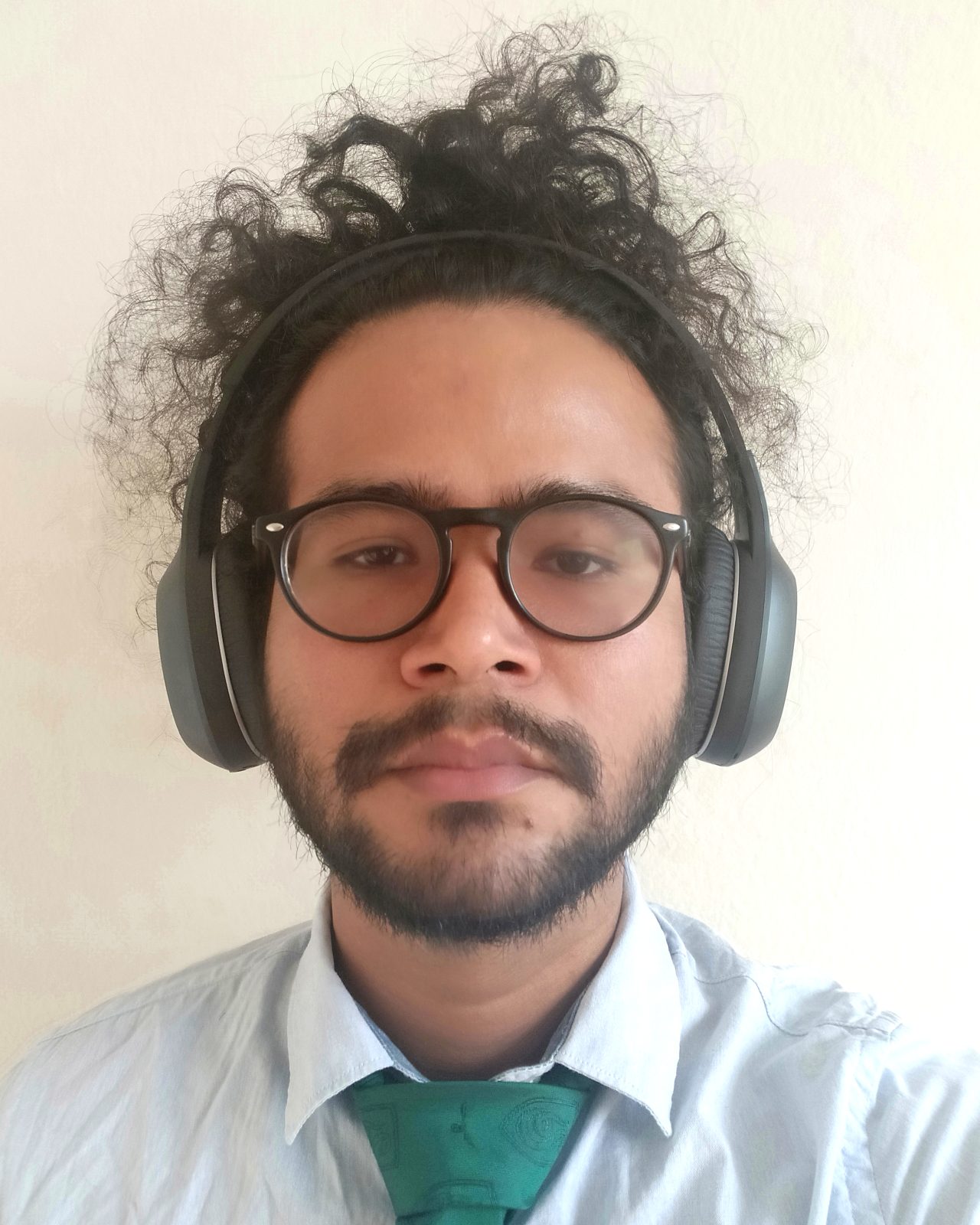
Nikki Traylor-Knowles – Associate Professor in Marine Biology and Ecology; University of Miami; Rosenstiel School of Marine, Atmospheric, and Earth Sciences
Traylor-Knowles leads the Cnidarian Immunity Laboratory, which investigates the mechanisms of immune function in corals. She received her B.S. and M.S. in cell and molecular biology from Johns Hopkins University, her PhD. in biology from Boston University, and did a NSF Ocean Sciences Postdoctoral fellowship at Hopkins Marine Station, Stanford University. She is the founder and director of Black Women in Ecology, Evolution and Marine Science, a 501(c)(3) non-profit founded to help combat the isolation and abuse in STEM against Black women. She is an advocate for Black women in science and academia and is determined to disrupt the system by creating a new narrative and structure.
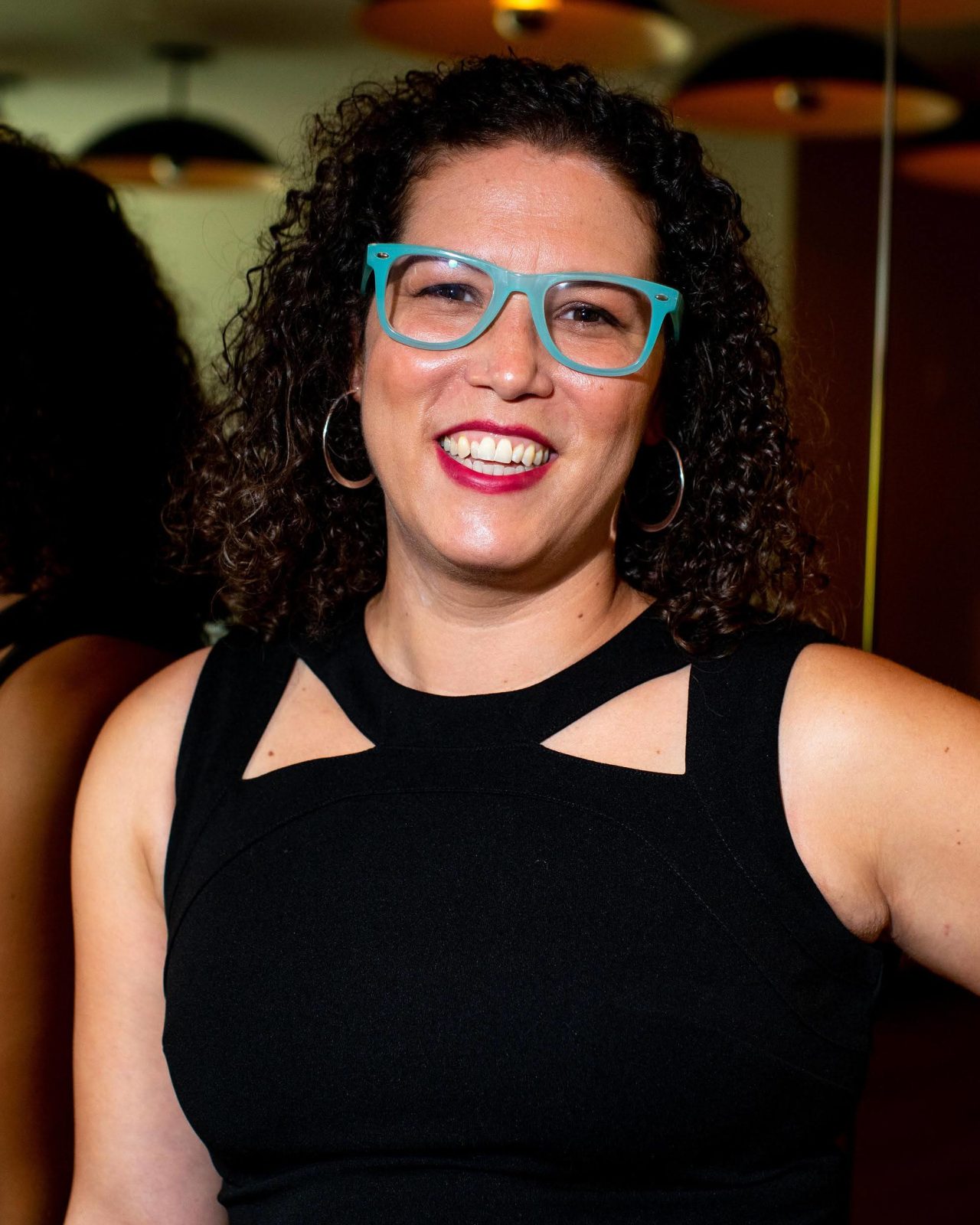
2021-2023
Dr. Na’Taki Osborne Jelks – Asst. Professor, Department of Environmental and Health Sciences, Spelman College, Atlanta, GA. Dr. Jelks obtained her Ph.D. in 2016 from Georgia State University.
Dr. Jelks investigates urban watershed management; environmental health disparities; cumulative risk assessment; the impact of climate change on vulnerable populations; and the connection between urban watersheds, pollution, the built environment and health. She also develops, implements and evaluates community-based initiatives that set conditions to enable low-income and communities of color to empower themselves to restore urban watersheds and improve environmental quality, reduce exposure to environmental health hazards and enhance human health and quality of life.
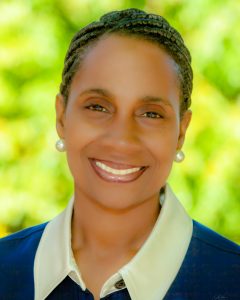
Dr. Theresa Wei Ying Ong – Asst. Professor, Department of Environmental Studies and Ecology, Evolution, Environment and Society, Dartmouth College, Hanover, NH.
She obtained her Ph.D. in 2017 from the University of Michigan and is an agroecologist who combines theory with empirical work in agricultural systems to understand how complex interactions between the environment, organisms and people influence food production and ecosystem stability. Dr. Ong uses techniques from complex systems and theoretical ecology to understand how sustainable agricultural systems and the ecological communities within them are maintained under social and environmental stress.
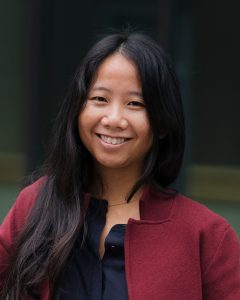
Dr. Adriana Lucia Romero-Olivares – Asst. Professor, Department of Biology, New Mexico State University, Las Cruces, New Mexico.
Dr . Romero-Olivares obtained her Ph.D. in 2017 from the University of California, Irvine. She is a soil microbiologist who works at the intersection of ecosystem ecology and evolution with an emphasis on fungi, and is interested in understanding how fungi respond and adapt to environmental stress, to better understand and plan for ecosystem-scale effects of global climate change.
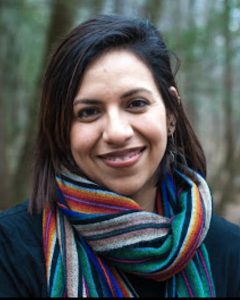
Dr. Erika S. Zavaleta – Professor, Department of Ecology and Evolutionary Biology, University of California, Santa Cruz.
She obtained her Ph.D. in 2001 from Stanford University. Zavaleta’s research focuses on global change ecology, conservation justice and addressing racial disparities in science. Her research tackles the effects of biodiversity and climate changes on ecological and sociocultural systems, and the effectiveness of conservation under rapid global changes and of programs that address racial disparities in science and conservation.
